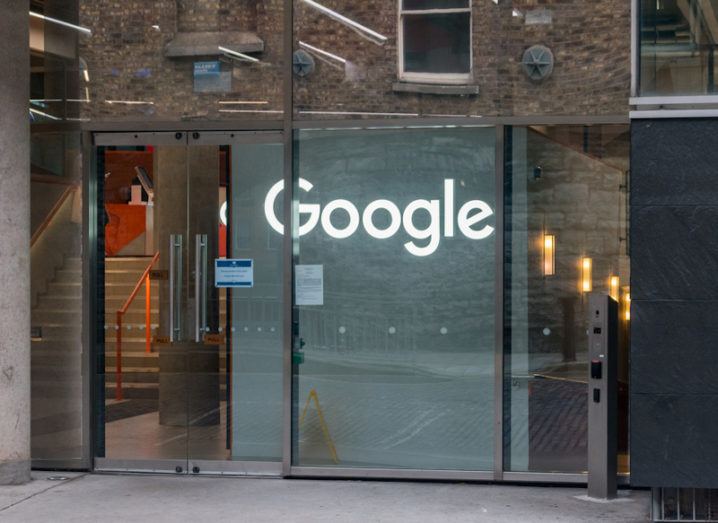Google has contested research carried by Trinity’s Prof Douglas Leith that investigated the data collection practices of iOS and Android phones.
Published last week, Leith’s study concluded that while both Apple and Google collect data from their respective iOS and Android devices, even when they are not being actively used, Google collects approximately 20 times the amount of data that Apple does.
In a press statement, a Google spokesperson refuted the findings, saying: “We identified flaws in the researcher’s methodology for measuring data volume and disagree with the paper’s claims that an Android device shares 20 times more data than an iPhone.”
The statement continued to claim that the findings are off “by an order of magnitude”. The spokesperson also suggested that the data collection observed in the study was necessary and not out of the ordinary.
“This report details those communications, which help ensure that iOS or Android software is up to date, services are working as intended, and that the phone is secure and running efficiently.”
In an email to The University Times about Google’s comments, Leith called the company’s assertion “incorrect and, in my view, pretty misleading”.
He contacted Google to ask for a correction. However, a Google spokesperson confirmed today to Ars Technica that “the company has no plans to retract the statement” but that they think “the majority of Leith’s research is accurate.”
The research compared the data collected by Apple and Google through their respective handset operating systems iOS and Android. Using an Apple iPhone 8 and a Google Pixel 2, volumes of data output were compared when the phones were in a number of states of inactivity. These included when a SIM card is inserted or removed and when the phone is left open on the settings page.
During the first 10 minutes of startup for each phone, the researchers found that Apple collects approximately 45KB of data compared to 1MB by Google. In an idle state, the operating systems were both found to communicate data on average every four and a half minutes.
Additionally, the team found that both Apple and Google collect telemetry data from their respective devices even when the user explicitly opts out. This data is termed “essential” by Google, but Leith writes that the “data collection is extensive, and likely at odds with reasonable user expectations”.
The team also measured the connectivity of iOS devices with other Apple appliances. The research found that iPhones share the locations of other nearby devices potentially even if they have settings preventing location sharing.
Speaking after publication, Leith said: “I think most people accept that Apple and Google need to collect data from our phones to provide services such as iCloud or Google Drive.”
“But when we simply use our phones as phones – to make and receive calls and nothing more – it is much harder to see why Apple and Google need to collect data.”
He added: “It seems excessive, and it is hard to see why it is necessary.”







